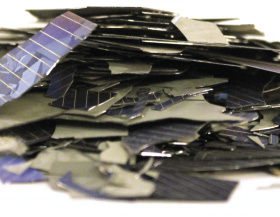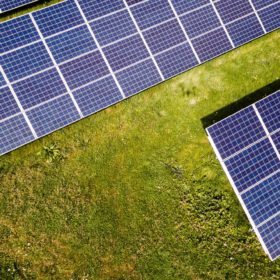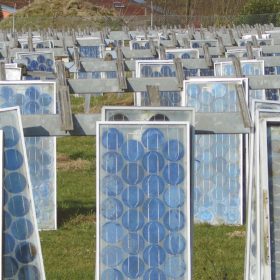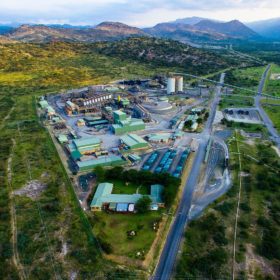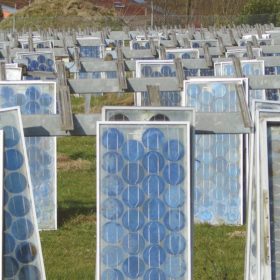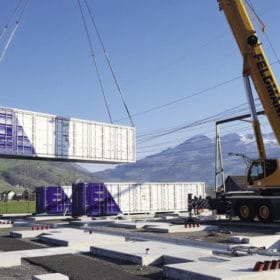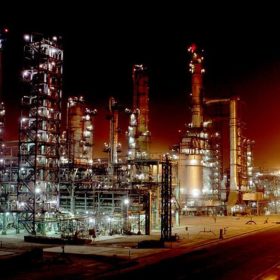Solar photovoltaic quality control and waste management in India
As PV waste is set to rise rapidly in the coming decades, India needs to invest in efficient recycling technologies and devise a clear-cut policy for the safe disposal of PV waste. Guidelines for stringent quality checks and validation for both imported and locally produced solar panels are also needed to avoid early-loss solar waste.
New renewables cheaper than legacy coal or gas for almost half the world’s population
Electricity bill payers in nations as diverse as China, India, Germany, and Greece should be aware new solar projects can now generate electricity cheaper for them than legacy coal and gas-fired plants.
Hitachi ABB Power Grids to switch to 100% fossil-free electricity by year end
The company is working on electrified, reliable, and decarbonized operations and products to get closer toward a carbon-neutral future.
India could have 2.95bn tons of solar waste by 2047
Researchers led by the Indian Institute of Technology Delhi have projected the waste expected from end-of-life solar panels and related components. They assumed 347.5 GW of total installed solar generation capacity would be reached this decade. The academics said the waste would include critical metals worth around $645 trillion, 70% of which could be recovered.
IEA highlights solar’s dependence on Chinese copper processing
The sheer volume of new power lines which will be required to accommodate the rising tide of solar installations ensures copper has been included by the International Energy Agency on its list of minerals which must keep flowing if the energy transition is to stay on course. And it’s not production that’s the potential bottleneck.
Green hydrogen supply chain concerns
With South Africa holding 63,000 of the world’s estimated 69,000 metric tons of platinum reserves – according to the Statista.com website – and Russia and Zimbabwe a further 5,100 between them, the European Commission has cited the metal as an example of a potential supply chain bottleneck that could handicap its grand plans for renewables-powered hydrogen production.
Green taxonomy first step towards building a resilient society
The second wave of Covid-19 reminds us to build a resilient society. Climate Change, not unlike Covid-19, will deliver devastating effects to our planet and disrupt our way of life. So, in this climate decade, India must channel investments into sustainable activities. The first step is to construct a robust “green taxonomy” – a green list of sustainable activities.
Reusing PV modules pose opportunities and challenges
In a new study, PV Cycle and Imec/EnergyVille examine the growing PV module reuse sector and detail both the opportunities and challenges of employing second-hand systems, especially in developing countries.
UN calls on Bangladesh to put renewables first
As it prepares to lift the nation out of its list of the world’s least developed countries, the supranational body said the country should turn its back on coal and other fossil fuels.
IndianOil selects American firm Dastur for India’s largest industrial carbon capture and utilization project
The CO₂ captured from the hydrogen generation units at Koyali refinery in Gujarat will be primarily used for enhanced oil recovery at the Oil and Natural Gas Commission’s oilfield at Gandhar, near Koyali.
